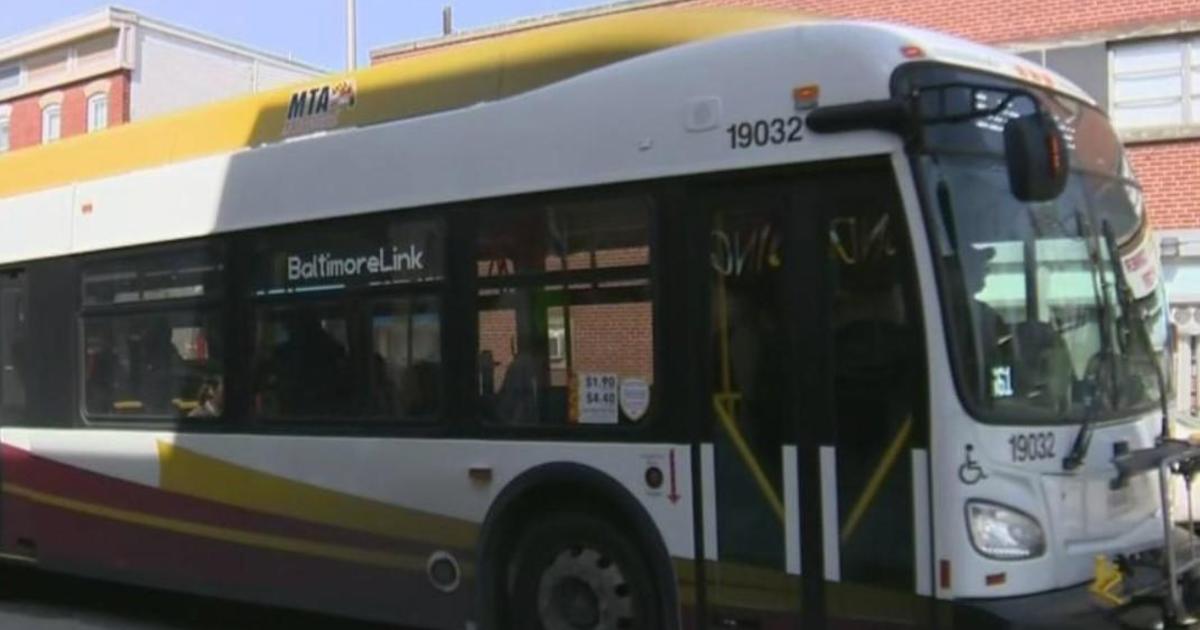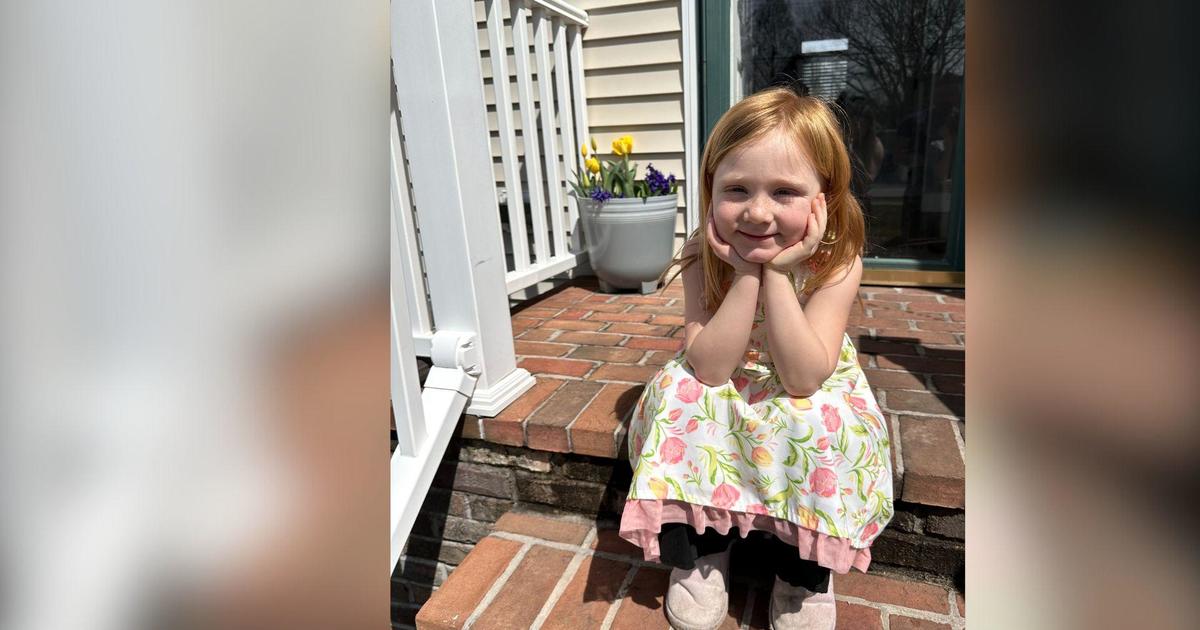Farmers Wary Of Possible Septic Tank Rules
BALTIMORE (AP) -- Long blamed for many of the ills facing the Chesapeake Bay, farmers find themselves straddling both sides of proposals to deal with another source of pollution: septic tanks in housing developments.
That's because while farmers have long argued that they are working to cut runoff of manure and fertilizer from their fields and pointed to the impact of development on the Chesapeake, they also are wary of moves to limit what they can do with their land.
So, as lawmakers in Annapolis begin this year's General Assembly session, farmers find themselves waiting along with homebuilders, county officials and others to see how lawmakers will deal with septic tanks.
States in the Chesapeake watershed are working to comply with the U.S. Environmental Protection Agency's tougher, federally led bay restoration plan that requires additional pollution cuts in all areas. Faced with that mandate, Gov. Martin O'Malley surprised many last year with a proposal to ban septic systems for major new developments.
However, lawmakers from both parties objected, complaining about the proposed restrictions on septic systems as well as on how farmers and other property owners could divide and sell their land for development. The governor eventually appointed a task force to study the issue over the summer.
Septic systems are being targeted because they are a source of nitrogen, one of the key pollutants that affect bay water quality, accounting for 4 percent of the nitrogen that reaches the bay, according to the EPA.
The task force recommended a four-tiered approach to land use ranging from properties in areas served by sewer systems to environmentally sensitive areas, but left many details up to the governor.
The report also recommends streamlining state building codes to encourage development in priority areas. In areas not served by sewer systems in the Chesapeake and coastal bay watersheds, new construction must use septic tanks with an aeration system that helps break down sewage. The task force also recommended rules for maintaining the systems.
Members of the Maryland Farm Bureau, meanwhile, "weren't all on the same page" at first, said Susan Summers, a spokeswoman for the group.
The bureau eventually developed a policy calling for flexibility to eliminate undue economic hardship on landowners and fair compensation if septic legislation lowers property value. The policy does support using more advanced septic systems in environmentally sensitive areas.
Dan Derr, who owns Spring Valley Farm, a 60-acre pick-your-own farm in Conowingo, said he supports limiting septic tank systems, particularly in sensitive areas. And he said he understands efforts to direct growth into already developed areas to preserve open areas, but he said the impact of those decisions on rural economies is often ignored.
"I'm not interested in selling. I enjoy my farm and I'd like to keep it that way, but on the other hand I'd hate to see that government just reaches out and snatches my rights away," Derr said.
William Morrow, who manages the poultry and rabbit operations at Whitmore Farm, an organic farm near Emmitsburg in Frederick County, said he supports tight controls but would like to see more enforcement of existing regulations.
However, Morrow said bills proposed last year allowed farmers to build homes for use by family members. He said he didn't agree that limiting uses of agricultural land hurts farmers, noting young farmers are having an increasingly difficult time finding land because development is increasing prices.
"That farmer bought agricultural land, he paid for agricultural land and he can sell it as agricultural land," Morrow said.
Homebuilders say banning septic systems would hurt businesses. The Home Builders Association of Maryland supports using advanced septic systems within a half-mile of streams and rivers, but there is no evidence it provides any benefit outside that distance, said Michael Harrison, the group's director of Government Affairs.
Klaus Trepczyk, who had one of the advanced systems installed on his property, said he supports using them for bayside homes like his near Marion on the lower Eastern Shore. However, he said the new systems are more expensive to operate and maintain. The system has not only a tank, but an electric pump and pipes leading out into the drainage field, which he can't build over.
"I've got an acre of land I can't do anything with," Trepczyk said.
(Copyright 2012 by The Associated Press. All Rights Reserved.)



